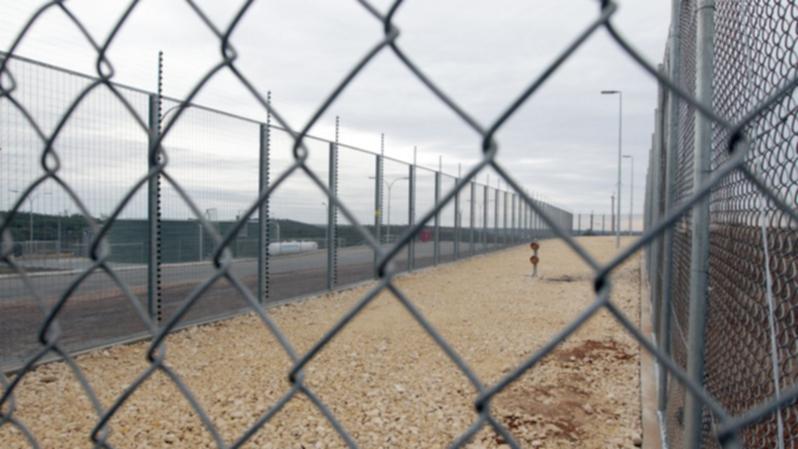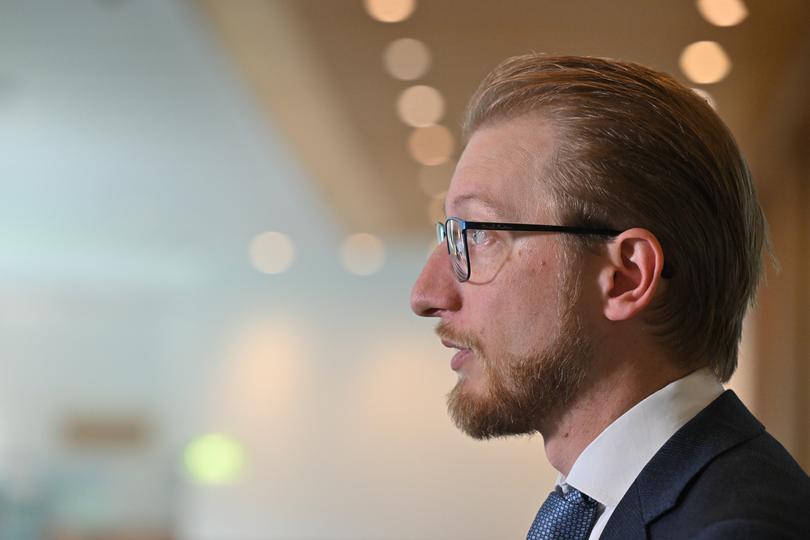Police charge one in five non-citizens released from immigration detention with crimes after High Court ruling
Police have charged 29 of the non-citizens released from immigration detention after a High Court ruling with at least 69 State and Territory offences.

Police have charged 29 of the non-citizens released from immigration detention after the High Court’s NZYQ ruling with at least 69 State and Territory offences.
Almost half the charges laid are for theft or assault, Home Affairs officials revealed on Wednesday.
At the time of the alleged offences, 25 were subject to curfews and 26 were being monitored by ankle trackers.
Sign up to The Nightly's newsletters.
Get the first look at the digital newspaper, curated daily stories and breaking headlines delivered to your inbox.
By continuing you agree to our Terms and Privacy Policy.They account for about one-fifth of the 153 people released after the High Court ruled in November that indefinite immigration detention was unlawful when there was no prospect of a person being deported.
One former detainee, Majid Jamshidi Doukoshkan, 43, made national headlines when it was revealed he was allegedly involved in a violent home invasion and robbery of elderly couple Ninette Simons, 73, and her husband Philip, 76, in their Girrawheen home in April.
Since the start of April, the AFP has publicly reported 15 times they have charged people from the NZYQ cohort with alleged visa breaches, including breaking curfew, failing to report in or not correctly charging their ankle monitoring bracelets.
Australian Border Force deputy commissioner Vanessa Holben told Senate estimates on Wednesday that between March 12, when visas for the cohort were reissued after a technical bungle, and the end of April, five individuals had been charged with breaching visa conditions relating to curfews or electronic trackers.
Some of them had been charged multiple times.
The West has reported on one, Kimbengere Gosoge, who pled guilty last week for curfew breaches and failing to charge his ankle monitor and was effectively given a suspended sentence. Five days later, he was back behind bars after he allegedly failed to remain at a notified address in Perth.
Out of the total cohort, 76 people are subject to electronic monitoring as part of their visa conditions.
Shadow home affairs minister James Paterson asked how many of the seven convicted murderers among the group were being electronically monitored.
Officials replied that it was less than five.
“So there are at least two murderers who are not being electronically monitored? That’s extraordinary,” Senator Paterson said.

Frontbencher Murray Watt, representing the immigration minister in the estimates hearing, said the Government’s aim was to have laws that stood up in court.
“We could make you happy and have 153 people with bracelets and be off to the High Court again tomorrow, having the whole thing thrown out. And I don’t think that’s what Australians want to see,” he said.
Home Affairs officials also said they were working as fast as they could toward lodging applications for preventative detention orders under laws rushed through Parliament in December.
Deputy secretary Clare Sharp said the risk of rushing those applications was that “the court says no way and throws the application out of court”.
But there was also a risk that the court may examine the application and end up imposing lesser conditions on monitoring a person than were applied under their visa.
“If the court were then to decide this brief of evidence not only doesn’t prove preventative detention is warranted, it also doesn’t prove that electronic monitoring is warranted, we can’t then for the duration of that order apply electronic monitoring through the BVR (bridging visa),” she said.
“That is a risk. We are working extremely hard to ensure that is not an outcome that occurs.”

